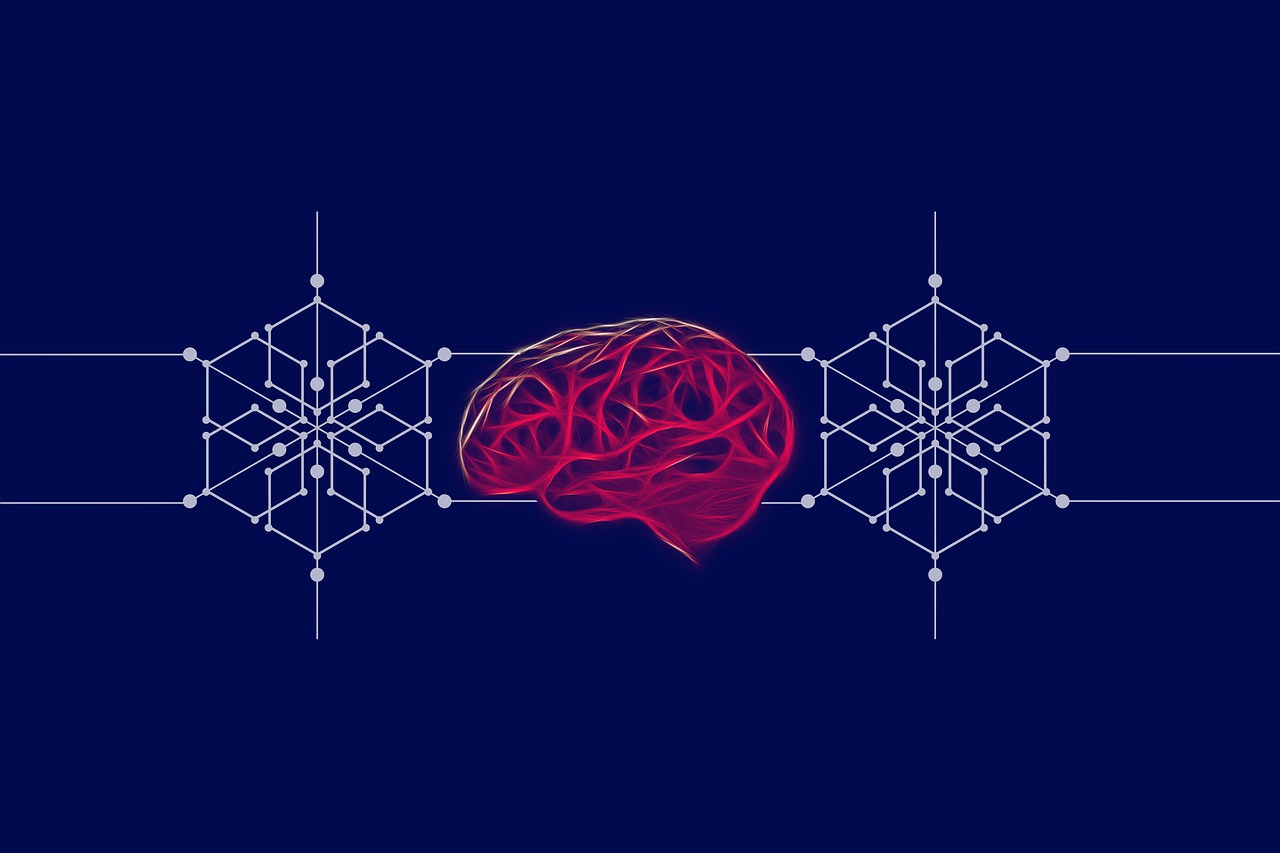This post is also available in:
 עברית (Hebrew)
עברית (Hebrew)
Elon Musk, who certainly does not need an introduction if you’ve been keeping up with the cyber world for the last few years, has detailed his plans to connect human brains directly to computers, describing a campaign to create “symbiosis with artificial intelligence.”
Musk has said his brain implant company, Neuralink, will make the paralyzed walk, the blind see and eventually turn people into cyborgs. But the firm still struggles to secure clinical-trial approval for the relatively modest goal of helping disabled people type.
His most recent tweet on the matter:
Musk in November 2022: “We are now confident that the Neuralink device is ready for humans, so timing is a function of working through the FDA approval process.”
He said at Neuralink’s “show-and-tell” that he expects the device to be in humans in six months, and that he considers it safe enough for his own children.
Despite Musk’s promising words, the FDA and US regulators still reject Musk’s request to test the brain chips in humans, postponing the first human trials due to safety risks.
Neuralink’s regulatory struggles stem largely from its culture of setting goals for breakthroughs on extremely ambitious timelines and viewing regulators as obstacles to innovation, according to more than a dozen current and former company employees.
That leadership style, mirroring how Musk runs electric-car pioneer Tesla, can create vulnerabilities when applied to developing a medical device that must be tested on human subjects before final approval, the staffers say.
Still, Musk retains the full confidence of many loyal Neuralink staffers and some industry investors, who point to his past successes in taking on extreme challenges as the founder of Tesla and rocket-builder SpaceX.


























